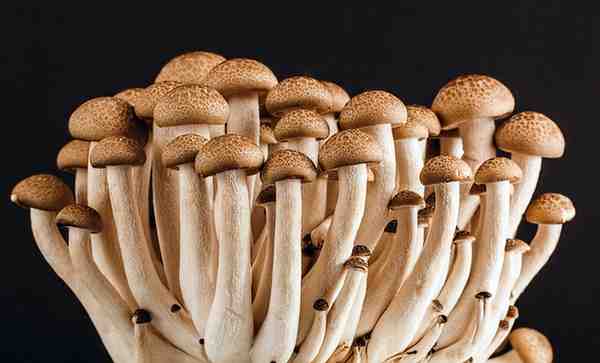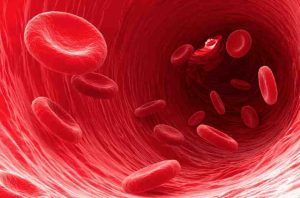
The recent findings that certain fungal species, such as Candida in colon cancer and Blastomyces in lung cancer, are associated with specific aspects of the disease, like metastatic growth and poor survival rates, opens up a new realm of possibilities for understanding and managing cancer.
The mycobiome, the fungal component of the microbiome, is shedding light on the complex interactions between fungi and human health. While fungi like Candida play essential roles in the gut microbiome, dysregulation can lead to disorders such as colorectal cancer. Understanding the balance of fungi in the body and their impact on disease progression is a key area of interest for future research.
Medicinal mushrooms, with their potential anticancer properties, offer a promising avenue for cancer treatment. Compounds found in mushrooms like reishi and maitake have shown efficacy in slowing cancer growth and boosting the immune system. However, further research is needed to elucidate the optimal dosages and treatment regimens for these compounds in clinical settings.
The potential of fungi-based treatments in cancer therapy is still under exploration, with ongoing studies investigating the therapeutic benefits of various mushroom species. While there are currently no FDA-approved mushroom-based cancer drugs, the development of such treatments holds immense promise for the future of oncology.
Looking ahead, early testing of fungal species could revolutionize cancer diagnostics and personalized treatment strategies. By leveraging the unique characteristics of fungi in cancer biology, we may uncover novel insights that could lead to more effective and targeted therapies for cancer patients. The parallels with the discovery of penicillin highlight the transformative potential of fungi-based research in shaping the future of cancer care.


